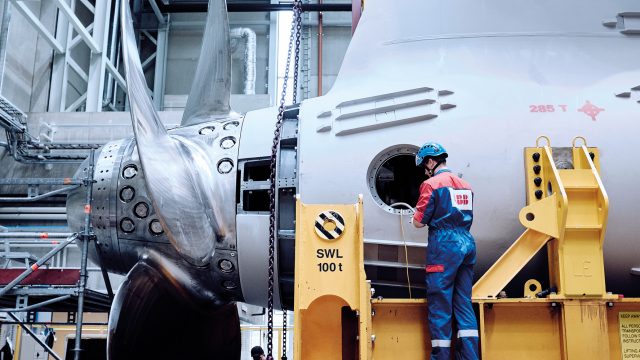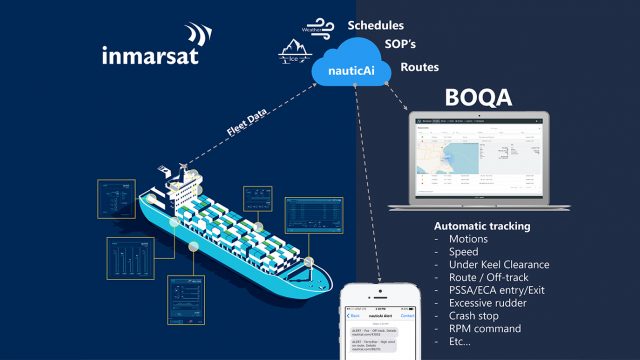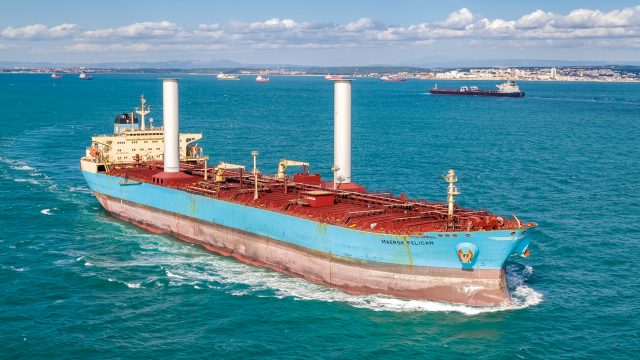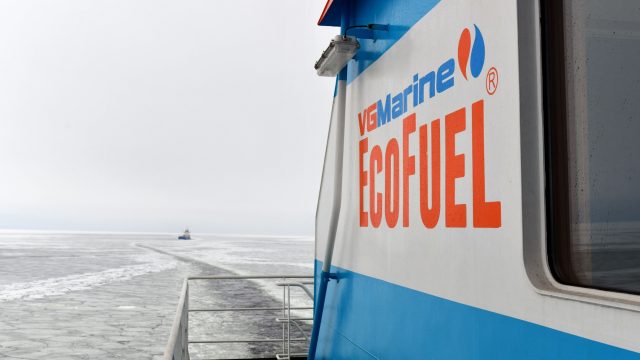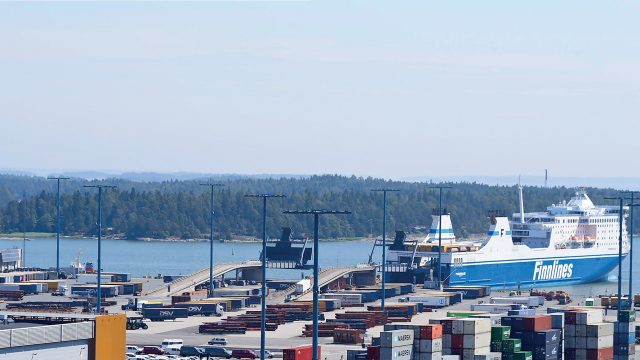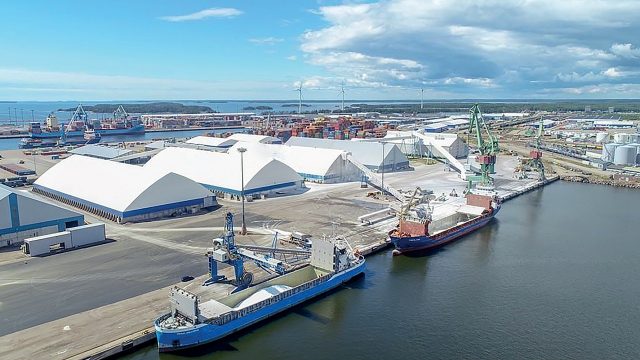When the history of navigation began, in the era of sailing ships, shipowners also served as the shipmasters, who were responsible for procuring cargo, sailing the ship to its port of destination and handling all ship-related matters at the port. The shipmaster also oversaw the entire trade interaction from the selling of the cargo in the port of destination to the procuring of new cargo for the next leg of the journey.
Secured by Decree
During the 18th century, while Finland was under Swedish rule, specific decrees were issued regarding the operations of the shipbrokers. It was stated then that official shipbrokers would broker contracts concerning the sale and purchase of ships, insurance, marine loans, chartering and freight. Shipbrokers were entitled to receive a brokerage paid for their services.
Only licensed shipbrokers were permitted to carry out ship clearance processes. The shipbrokers were licensed by the magistrate, but the applications were submitted directly to the burghers and shipowners engaged in trade. The tasks of the shipbrokers included the acquisition of clearance documents, passports, guidance for visiting skippers and matters related to loading and unloading.
Steamships and shipbrokers
When steam power was taken into use in the 19th century, it enabled traffic to be faster and more regular, thereby creating the need for shipowners to contract with co-operative partners in ports. This resulted in a network of agents that assumed certain port routines that earlier were the responsibility of the shipmaster. In 1863, during Finland’s period under Russian rule, new decrees were issued concerning shipbrokerage and ship clearance.
According to the decrees, the shipbrokers took care of the documentation, bills of exchange and agreements related to the acquisition and sale of goods and ships as well as charter
and clearance documentation. The title of shipbroker (laivameklari in Finnish) became established in the 19th century and the work included all the same aspects it does today.
“I’m off to Kämp again”
So said Jean Sibelius to his wife, Aino, when she criticised the composer’s long evenings out in the town. Hotel Kämp was a popular gentlemen’s hang-out at the beginning of the last century. Many shipbrokers also spent time there prior to it becoming the official meeting place for their own association starting on 18 March 1920. Three of the companies currently operating in the industry, namely Herman Andersson, John Dahlberg and Victor Ek were present for the founding meeting of the Finnish Shipbrokers Association (Suomen Laivameklari Yhdistys).

When the association was founded, all port operations were carried out by hand. The port operations were handled in their entirety, albeit on a smaller scale; the ships, stores, ports and quays were all much smaller than they are today. The companies in the industry were generally family businesses and the common language was Swedish.
Everyone in the industry knew one another and personal relationships facilitated the work and co-operation. Some of this tradition still remains an integral part of the company activities within the industry.
Aspects of influence
General tariffs, fairway fees, co-operation with customs and pilotage. For nearly 100 years, these tasks have been on the agenda of the shipbrokers’ association. Only the matter of tariffs has actually been completely finalised. They have not been permitted since Finland joined the EU in 1995.
Instead, the EU brought with it a lot of new reporting obligations. To meet these obligations, Finland worked together with different parties to build the Portnet system. Now, we are in a situation in which the EU is optimising a method of harmonised reporting through the EMSW regulation.
Thus, shipbrokers are once again working with the authorities to build a new reporting system!
Despite the resistance expressed by the business sector, fairway fees have remained a feature of Finnish navigation. Due to the corona situation, we may be able to forgo these for at least the year 2020. Shipbrokers are following the development of remote pilotage with great interest.
From the start, the basic idea behind the activities of the shipbroker or modern-day agent has been to provide as convenient and prompt a service as possible for customers looking to transport products from sellers to purchasers by sea. The conditions surrounding that idea have changed throughout the years of operation, but the basic idea and objective have not.
International dimension
Finland is a founding member of the Federation of National Shipbrokers and Agents (FONASBA), founded in 1969. The organisation, which has been in operation for more than 50 years, has members from more than 60 countries and serves as a vital actor within the global maritime sector.
Gunnar J. Heinonen, who has served as head of Transfennica, Finnlines and Finncarriers, has had an active role in the Federation’s activities within Finland and abroad.
‘The differences between members serve as both an asset and a challenge. Our task is to drive the interests of all the members.
Training, networks and common game rules are key factors. It is extremely important to actively communicate about activities and achievements. To this end, the Federation is currently doing an excellent job.”
We are part of the Finnish Maritime Cluster
The 100th anniversary meeting of Shipbrokers Finland was held in Hotel Kämp in Helsinki on 6 February 2020. Tomi Rautio (Saimaa Terminals-Steveco) was appointed as the new Chairman of the Board. ‘Our association provides its members with a great opportunity to play a role in the future of Finnish sea transports. Our industry is currently undergoing the largest change in decades and we need to be an active part of that process We provide vital information for the maritime cluster and the significance of our role will only increase as technologies develop,” states Tomi Rautio.
TEXT SARI TURKKILA, GENERAL MANAGER, SHIPBROKERS FINLAND
Shipbrokers Finland
• 40 member companies: Ship Agents and Port Operators, Chartering Brokers, Liner Agents and Container Shipping
• Finland-based companies that serve as contracting partners for international shipping companies or Finnish subsidiaries of international shipping companies
• members operate in all ports in Finland from the Bothnian Sea to the Saimaa Lake region.
• members manage transportation assignments for Finnish exporters within the Baltic Sea region, and further to ports in the USA and Asia.
• Read more: shipbrokers.fi
















